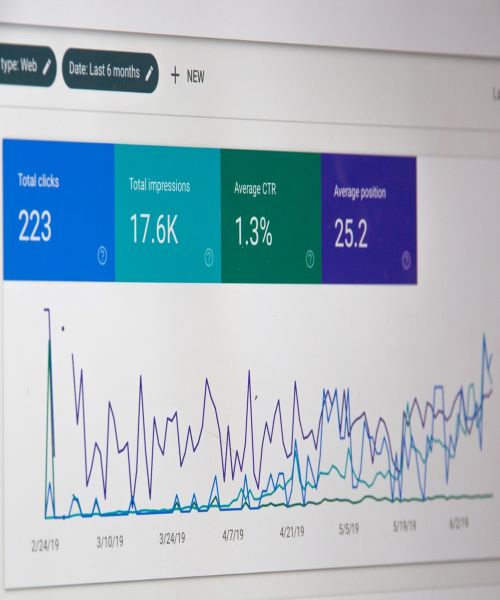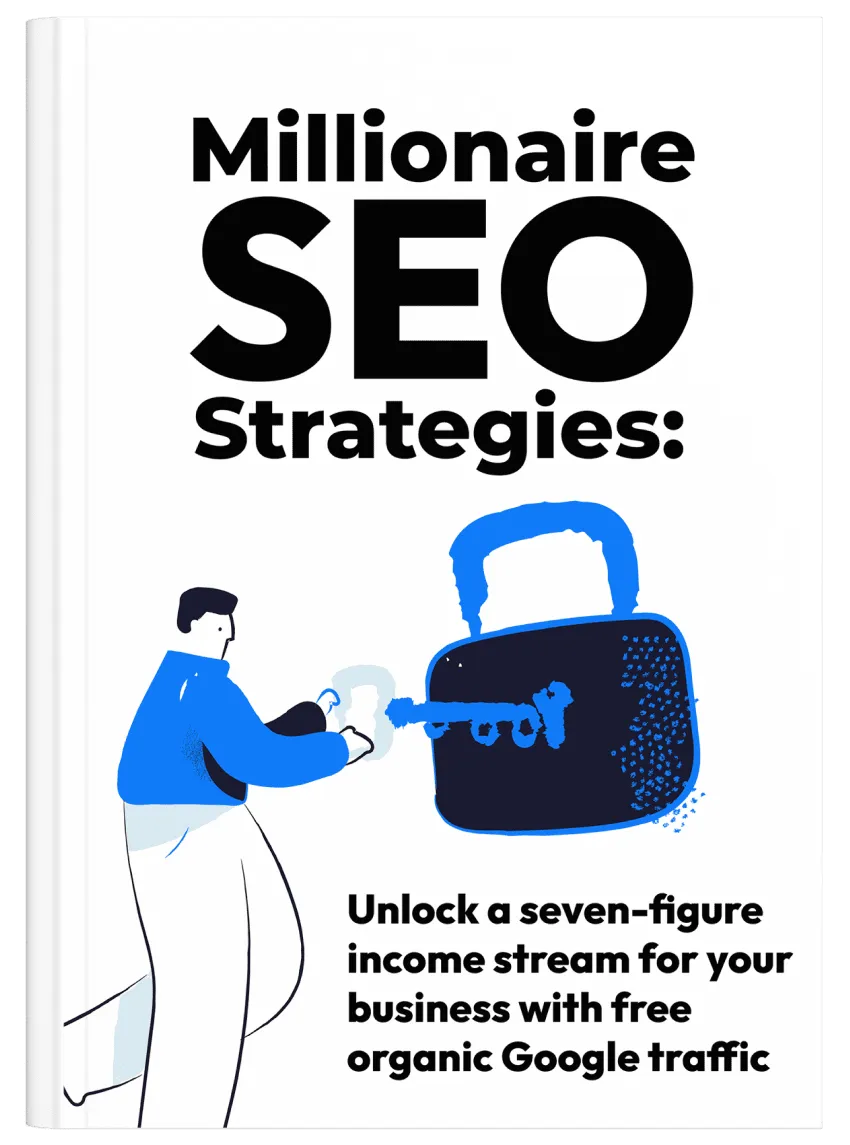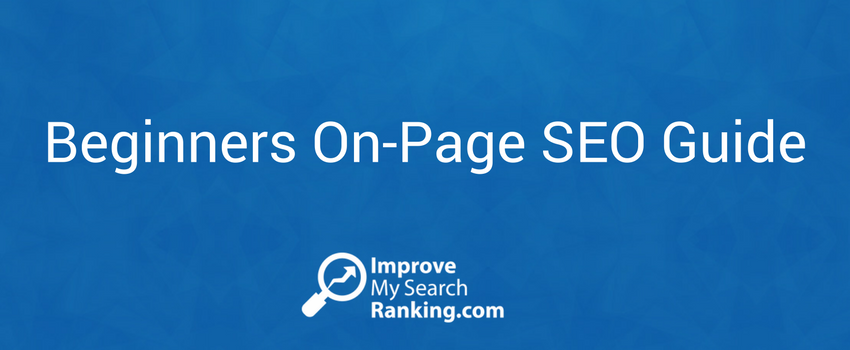
How to combine PPC and SEO data for better results
It is a common strategy to run a few PPC campaigns to get some initial data for gauging audience interest and shortlisting keywords and ideas for the upcoming SEO campaigns.
PPC campaigns can indeed offer a ton of valuable data to power SEO campaigns, and vice versa. In this blog post, we discuss how to combine PPC and SEO and use PPC data to run your SEO campaign more effectively and with a higher success rate.
1. Identify conversions by devices
If you are running both SEO and PPC campaigns, you would already have some data on how much traffic comes to you via mobile devices. You should use that data and identify how much of your PPC conversions come from mobile.
If your mobile traffic is converting well, it might be because of a unique landing page experience. In that case, you will be able to take the following steps:
- Identify the successful elements and patterns in that landing page and replicate them on other landing pages.
- Optimize that landing page for SEO, so you can also get organic traffic and conversions.
- Create more landing pages of the same nature.
2. Identify successful headlines and descriptions
Which headlines and descriptions are resonating the most with your audience?
To identify that, shortlist your successful ads and note down their headlines and descriptions. The success of an ad depends heavily on the text of that ad.
You can learn from it and then use that experience to optimize your web page content, landing pages, blog posts, headlines, and meta information. This technique will help increase engagement, on-page time, and conversions.
3. Identify top-of-the-funnel keywords and content ideas
If you dive deep into your PPC data, you will probably see a few keywords and keyword phrases with high search volume but low conversion rates. Sooner or later, you will have to discontinue ads that are targeting those keywords.
However, a high search volume and low conversion rate indicate that people are searching for it (they find the content/topic useful), but it does not make ready to buy.
Usually, those keywords and content ideas are perfect for top-of-the-funnel content. You could target them with an informational piece of content, warm your potential leads, encourage them to subscribe, and target them through a different channel, e.g., marketing emails.
4. Forming content clusters on keywords with high conversion value per click
Some keywords would send relatively low traffic or clicks, but they might have the highest value per click. You can find such goldmines by looking at the conversion value / click.
Once you have that information, you can tweak your content marketing strategy accordingly. You can explore those keywords — and the related ideas — in the form of topic clusters that would support your main pillar content.
This helps you create a high-value, low-effort content strategy that is more likely to succeed because of what the PPC data indicates.
5. Understanding your target audience
Understanding your target audience, website visitors, and potential buyers is the key to online marketing success — especially when it comes to content creation and SEO.
If you do not know for whom you are writing, you cannot effectively target them and solve their problems. That almost always leads to a poor SEO strategy.
By looking into “Interests & Remarketing” in your Google Ads data, you can learn more about remarketing segments, shopping cart abandoners, and interest categories. This helps you understand the different types of prospects you are targeting, how they behave, and who are most likely to convert.
Once you identify that, you can create more SEO-optimized content for that category and increase your chances of conversion and sales.
6. The Search Term report
SEO professionals and content marketers can identify new search terms with high potential by using the Google Ads Search Term report.
The Search Term report contains a list of terms that people have used to trigger your ads. Your ad may or may not contain those keywords — which means the Search Term report can help you uncover completely new and fresh keywords for your content and SEO campaigns.
Conclusion
As you can see, there are plenty of ways to combine PPC and SEO for more powerful results. By using PPC data, you can unearth valuable information to power your content marketing and SEO campaigns with a higher success rate.








